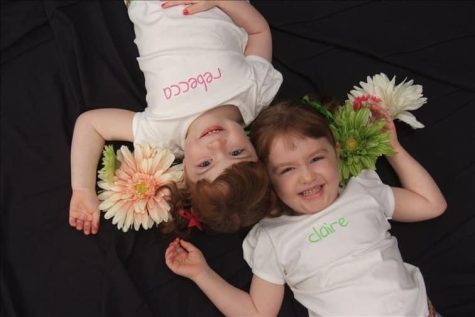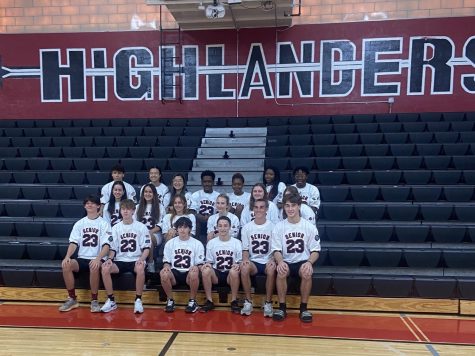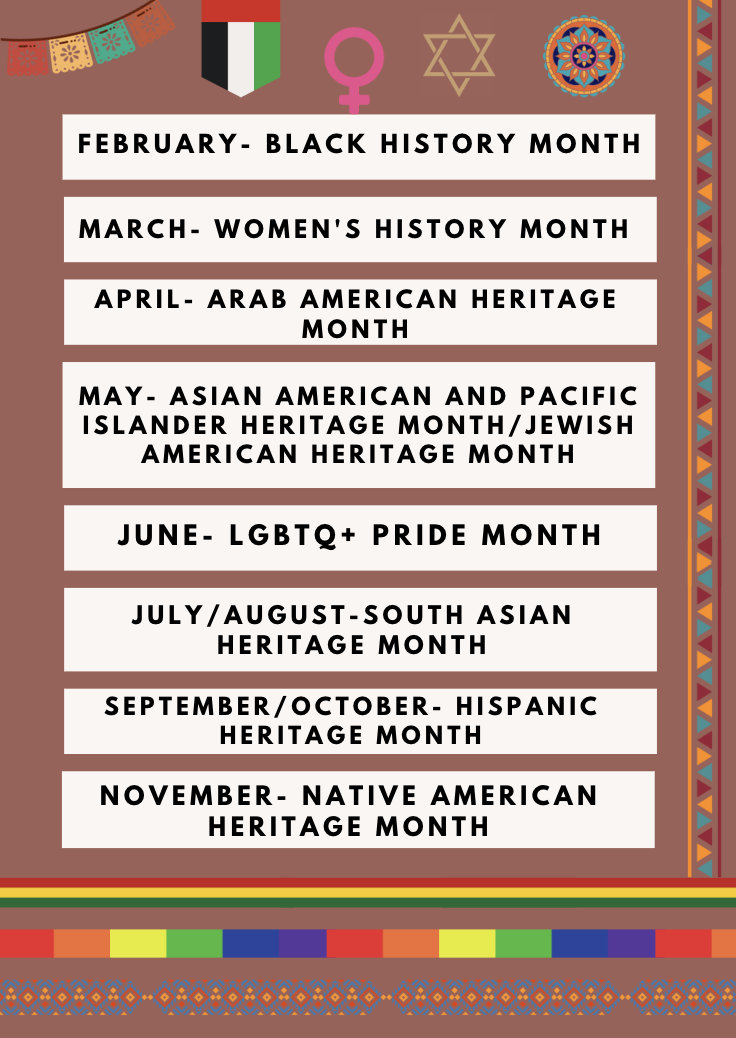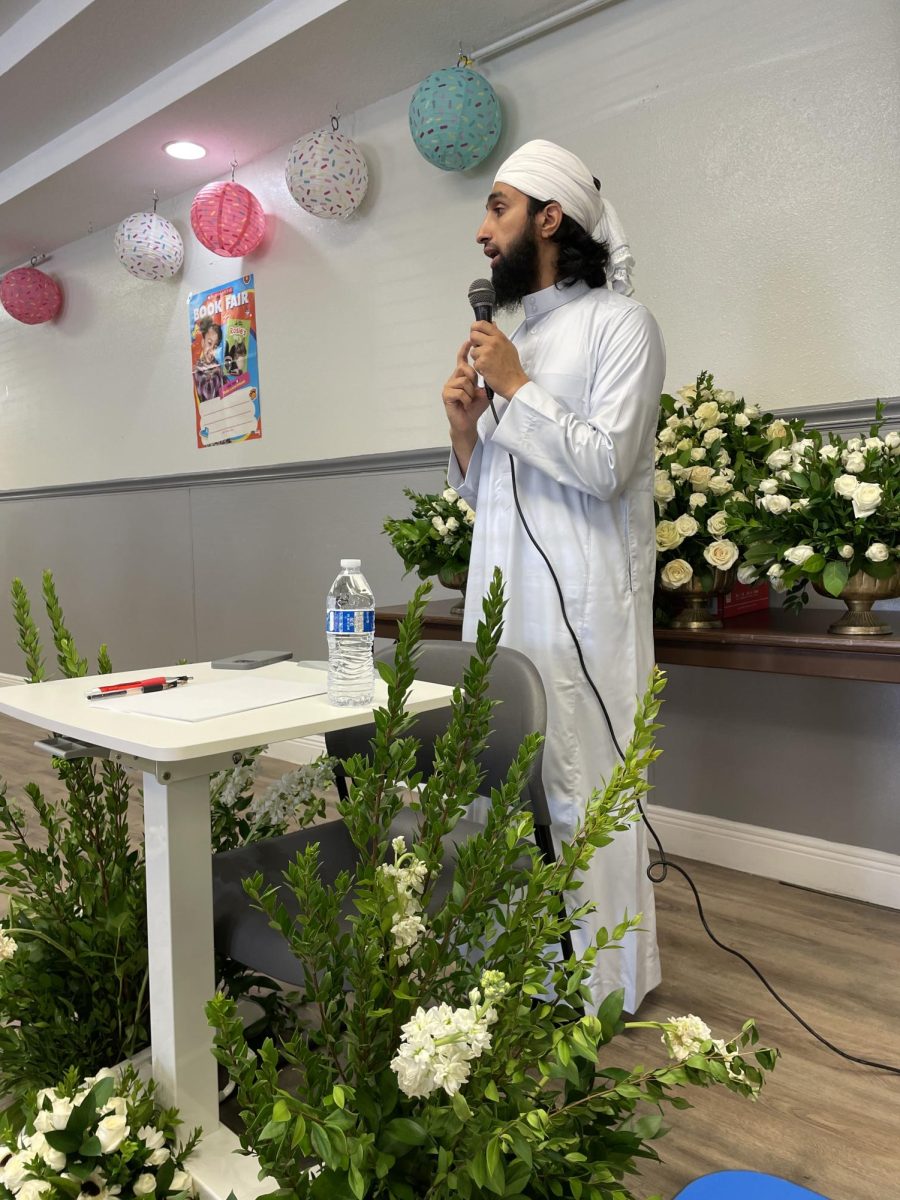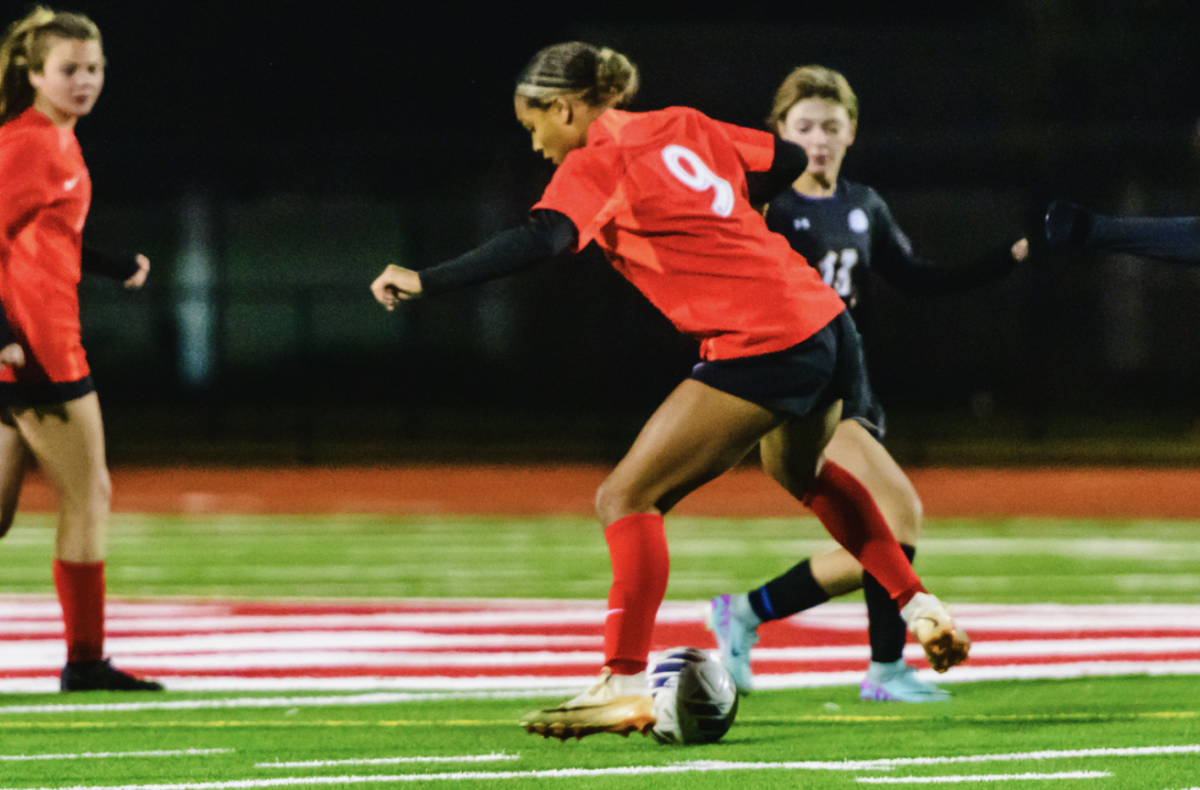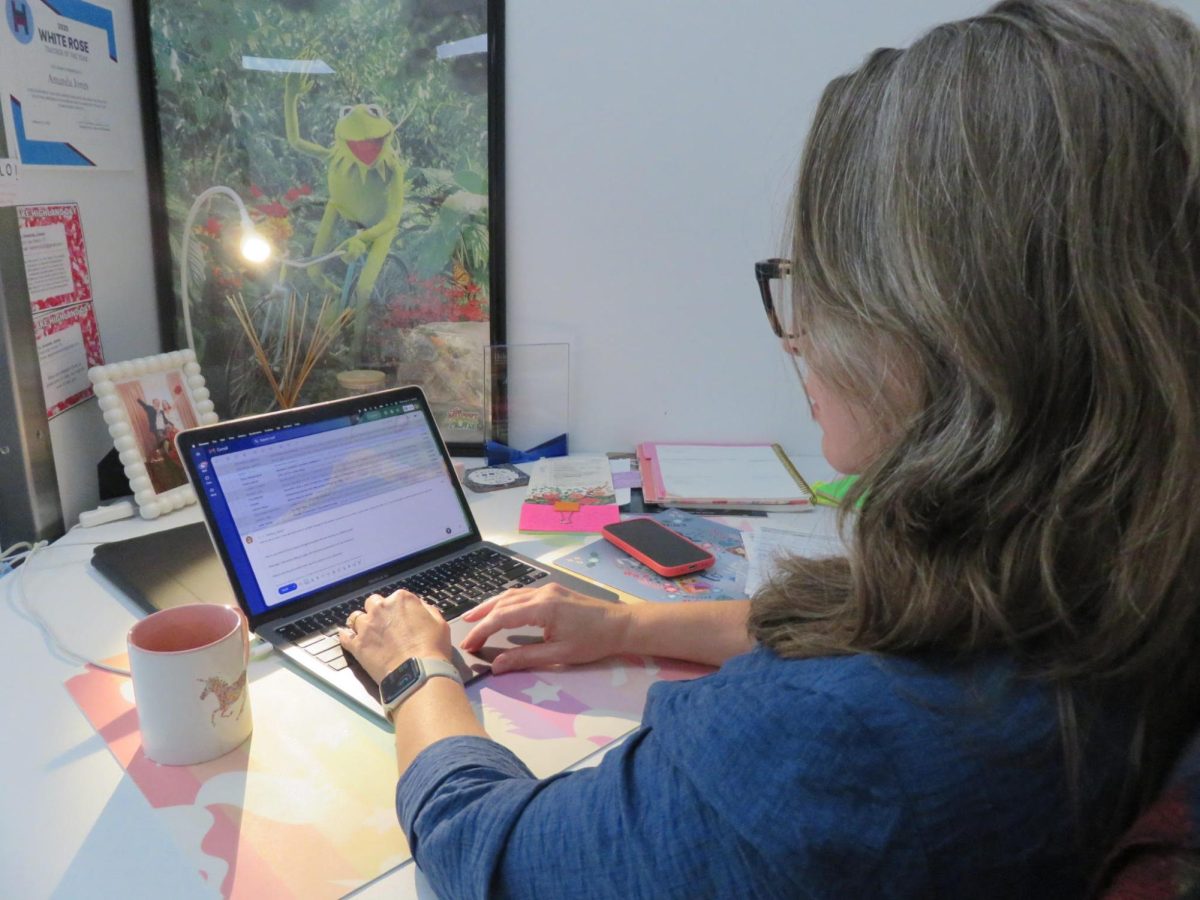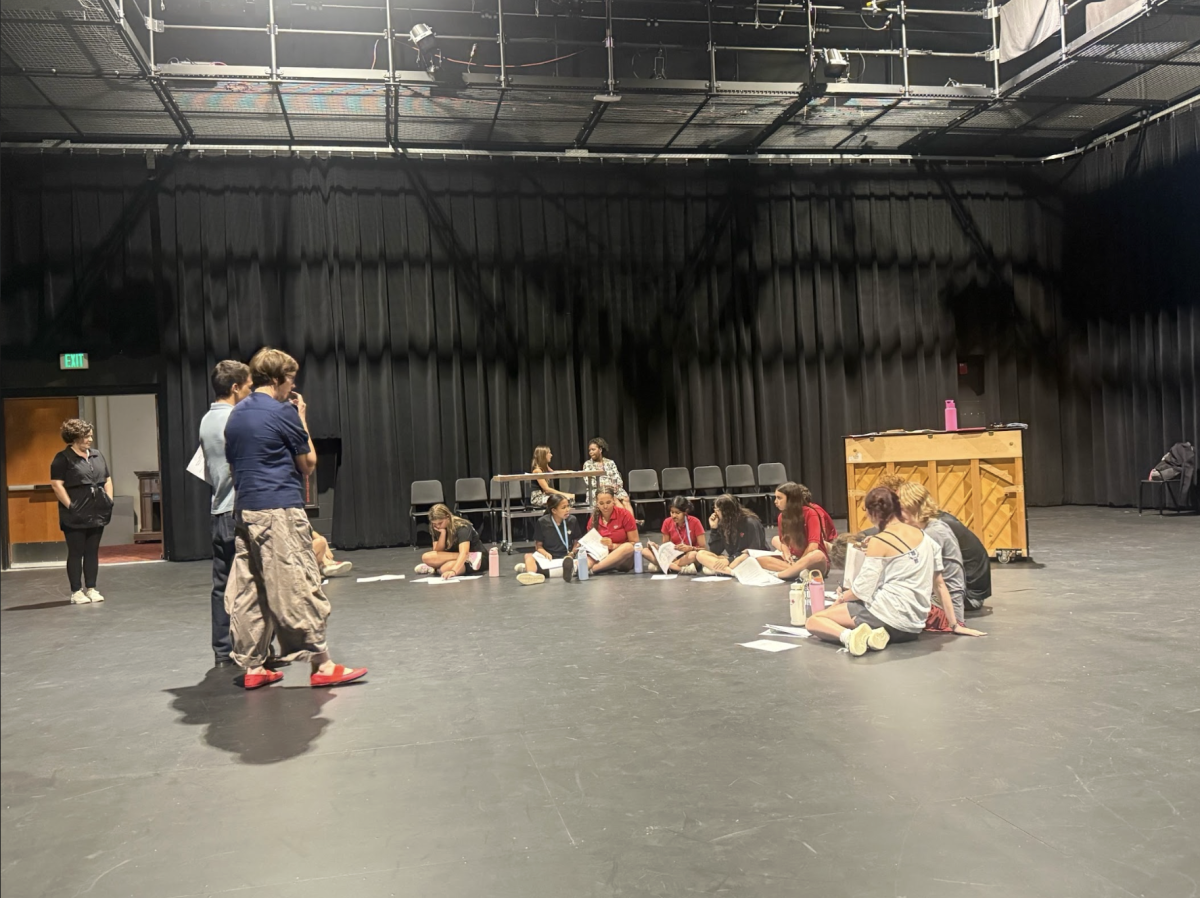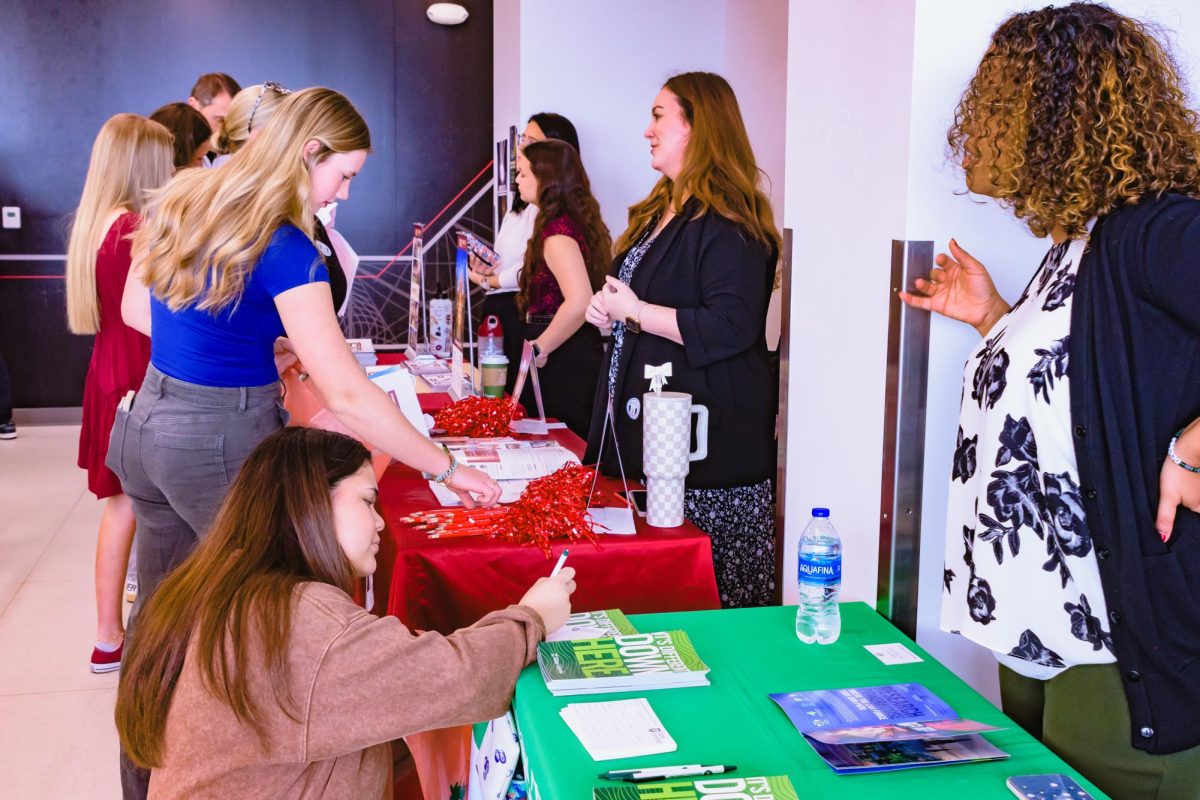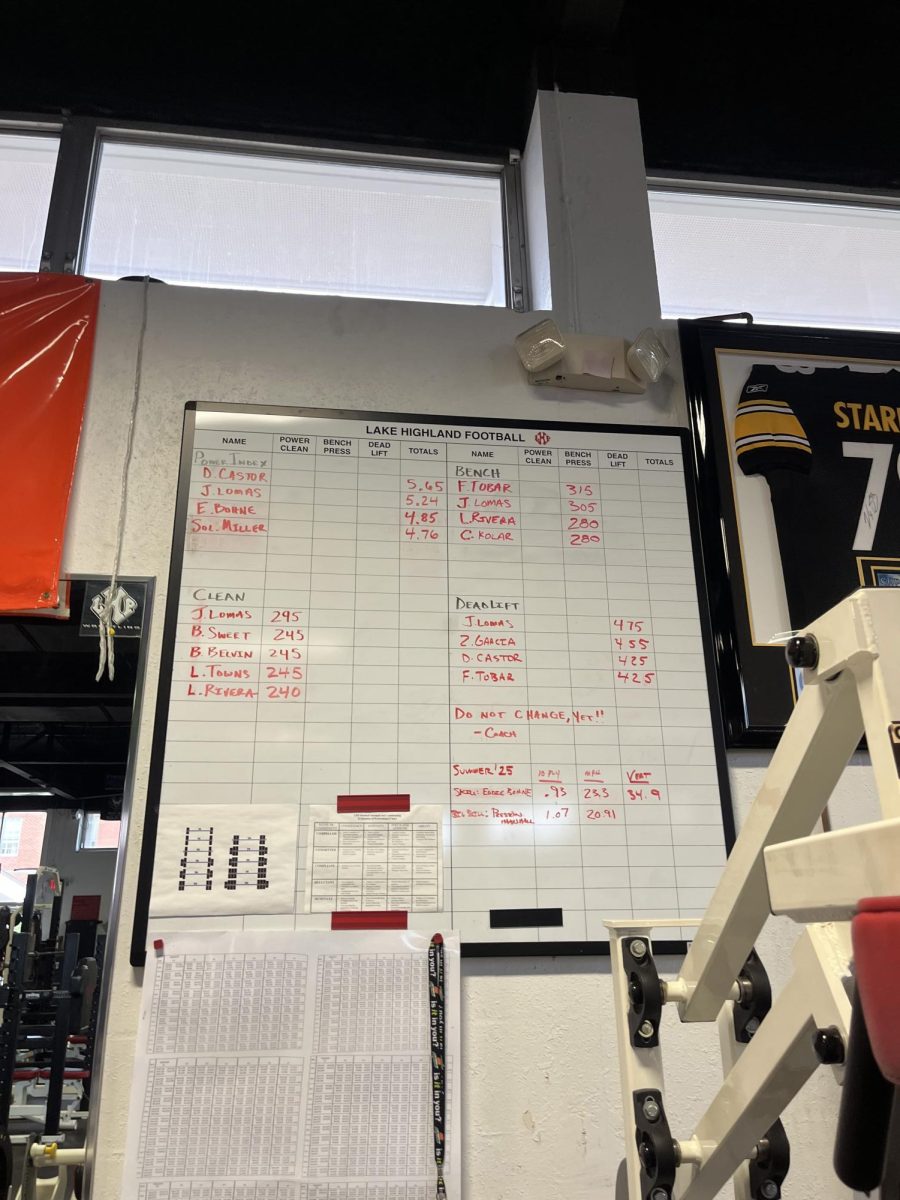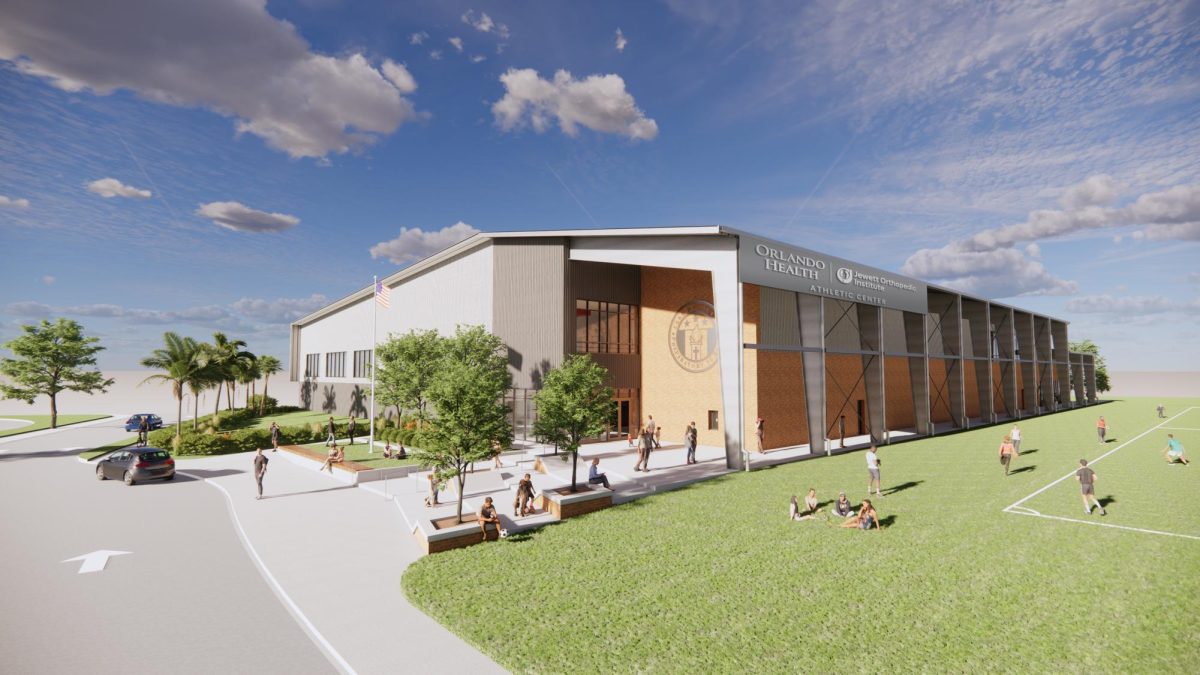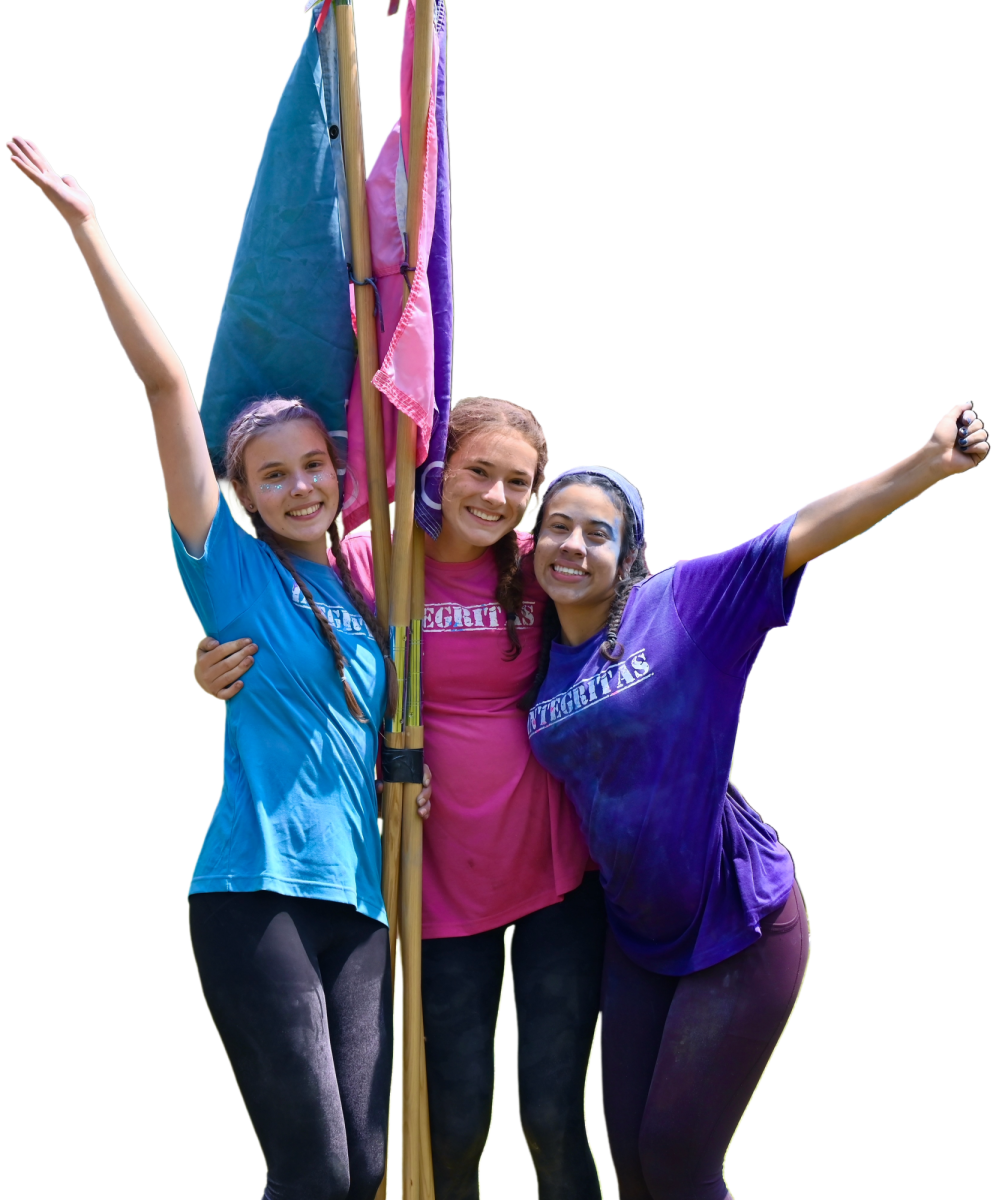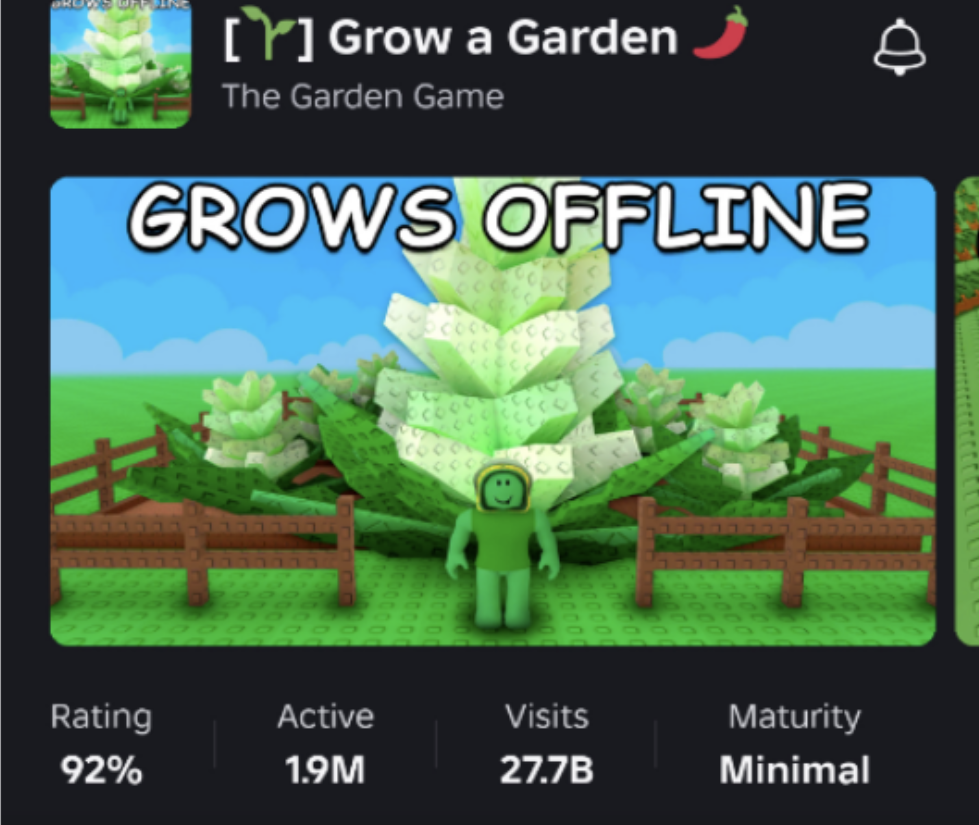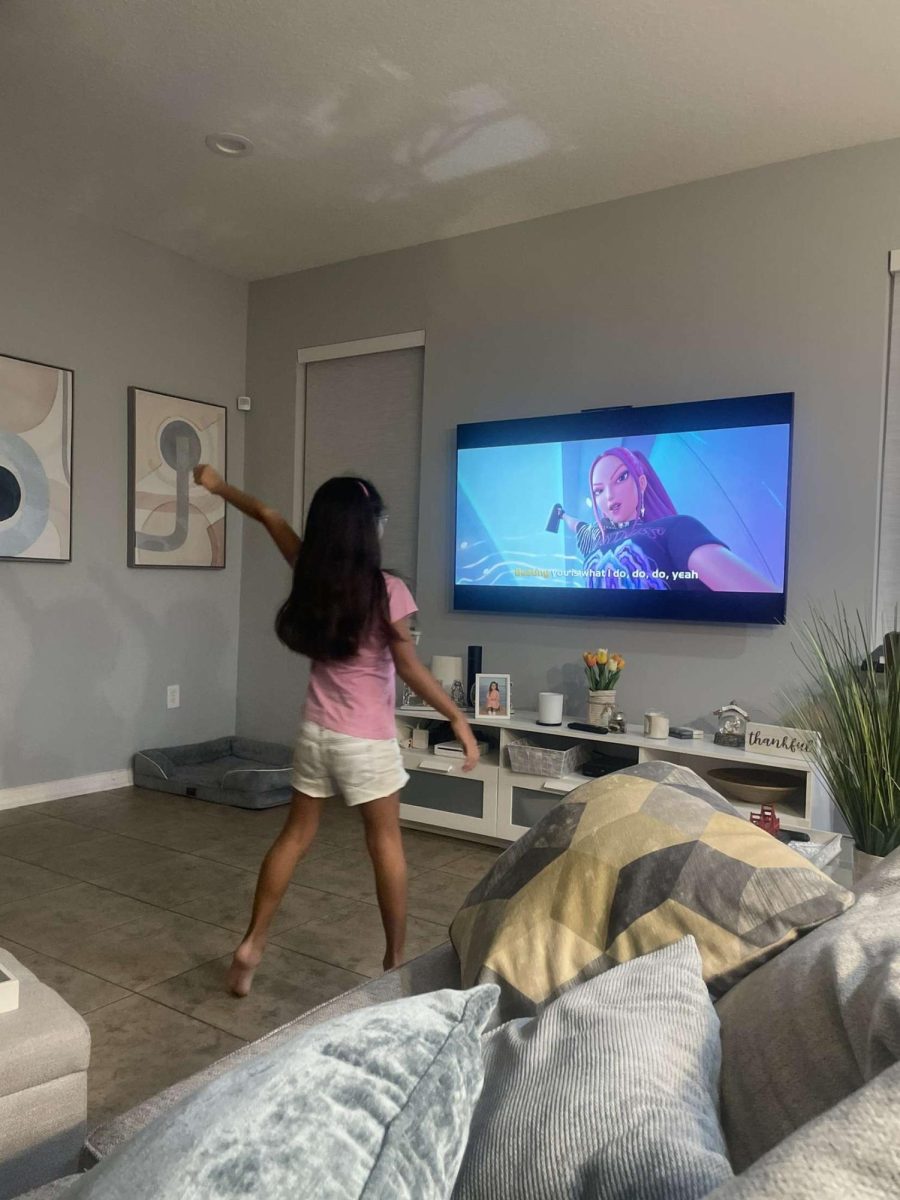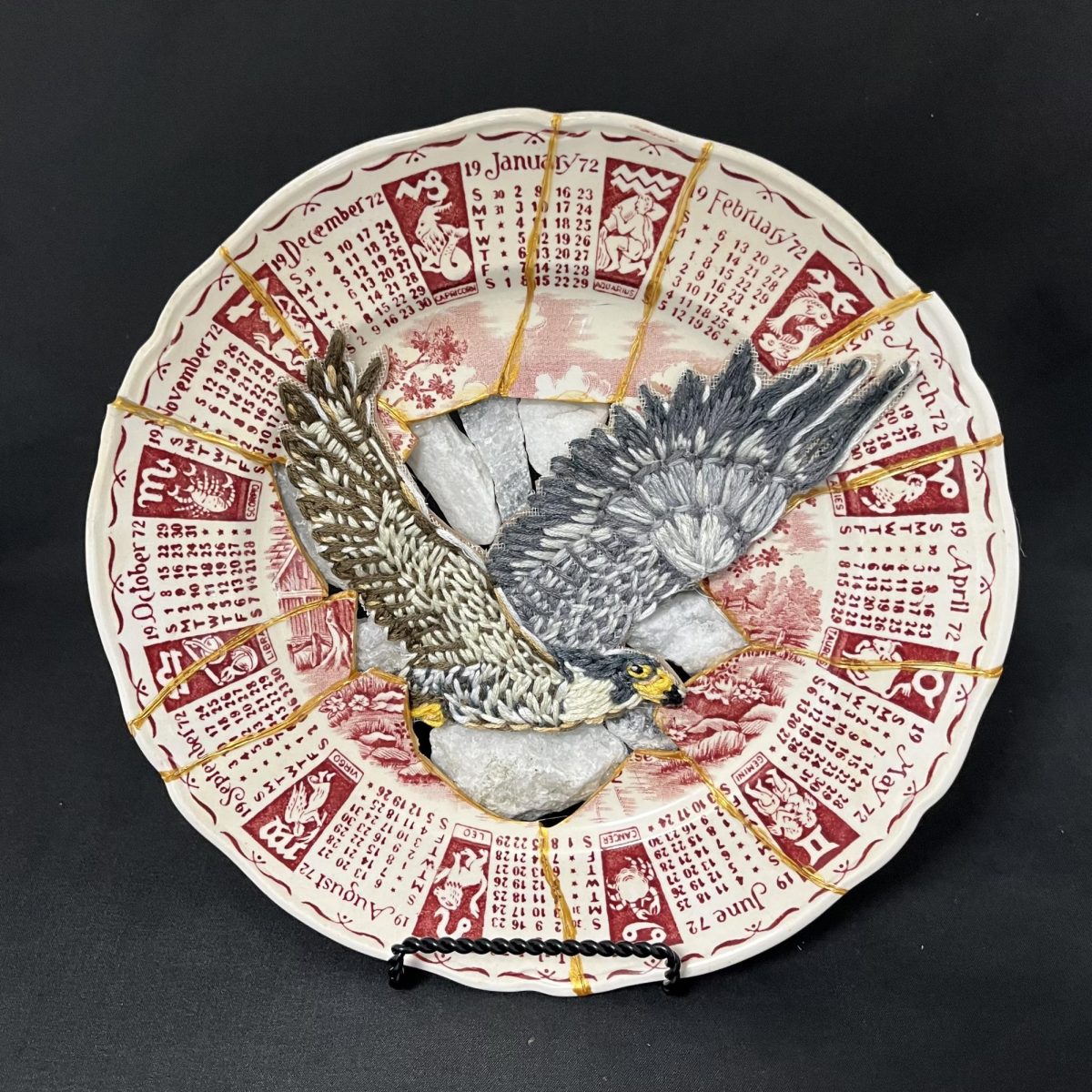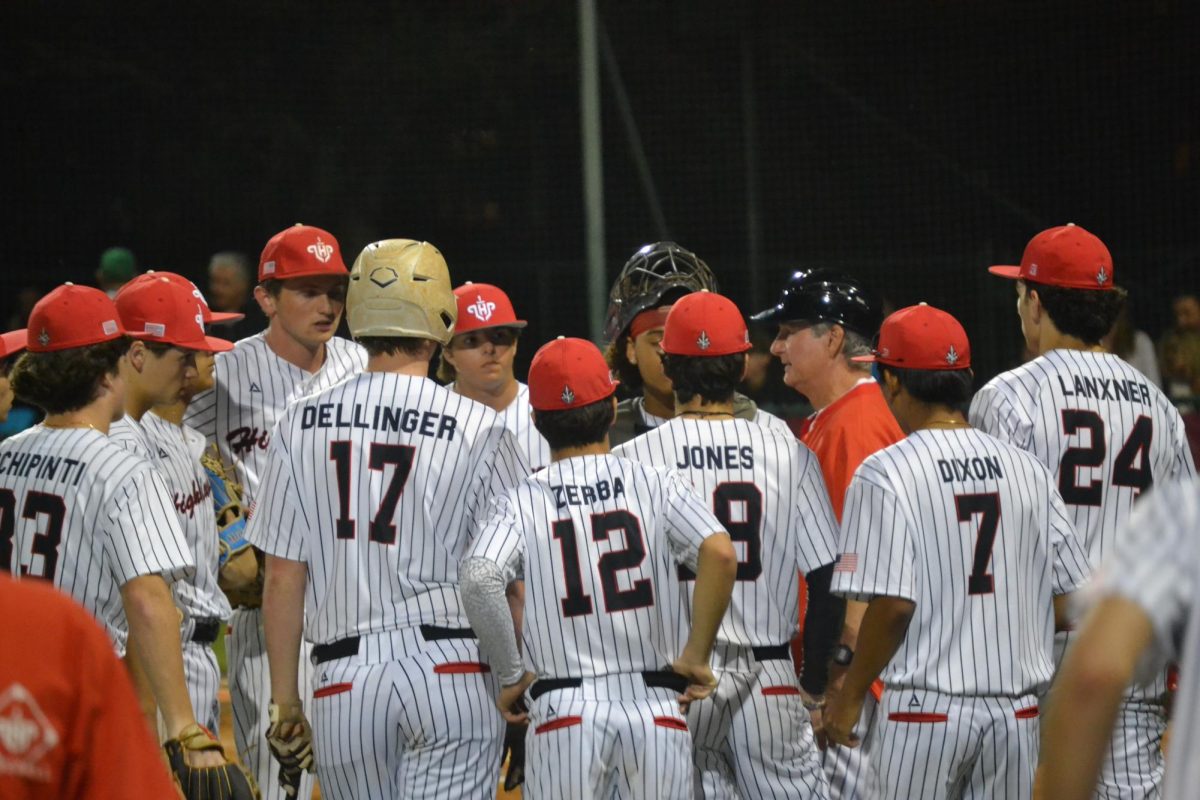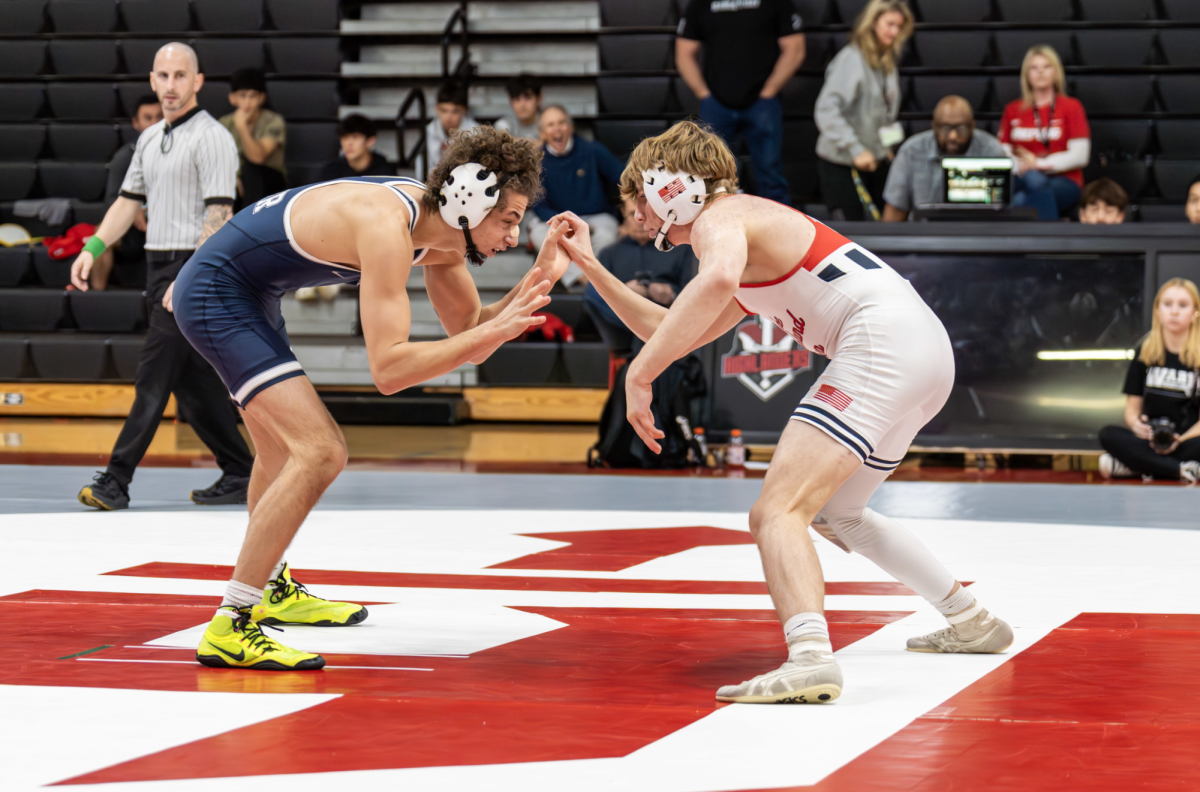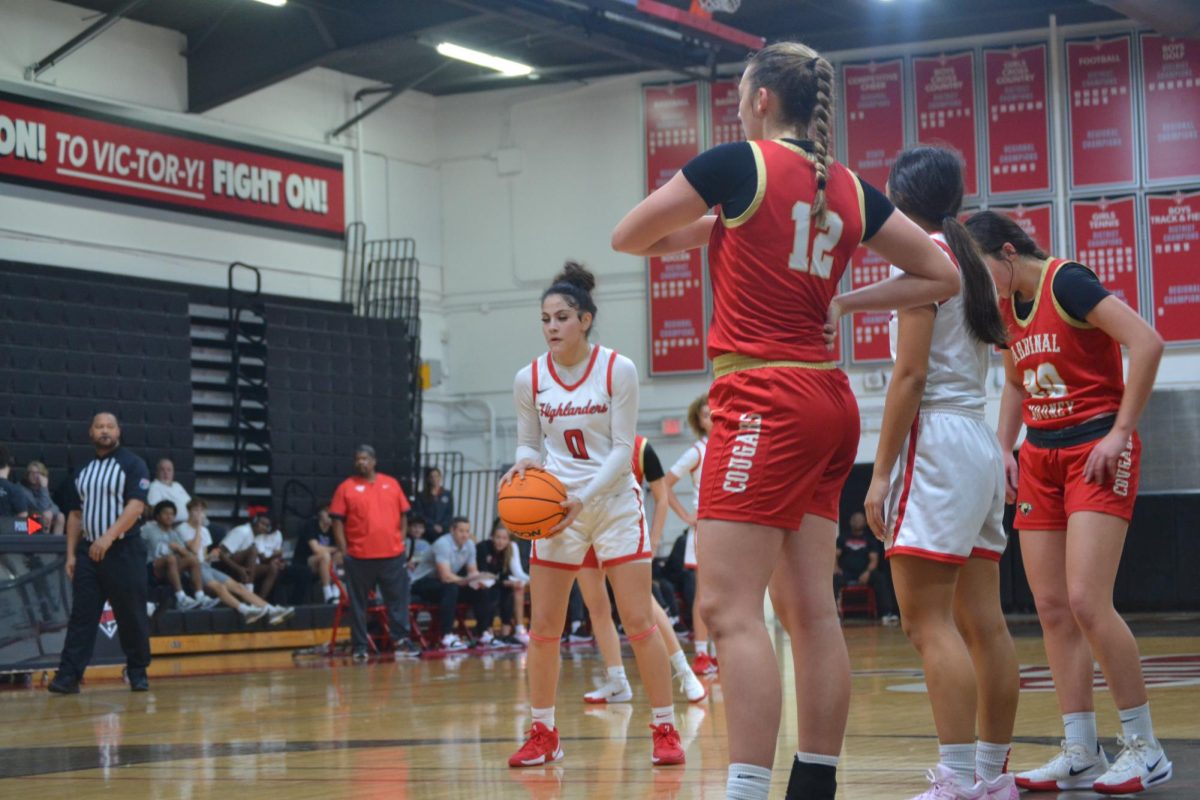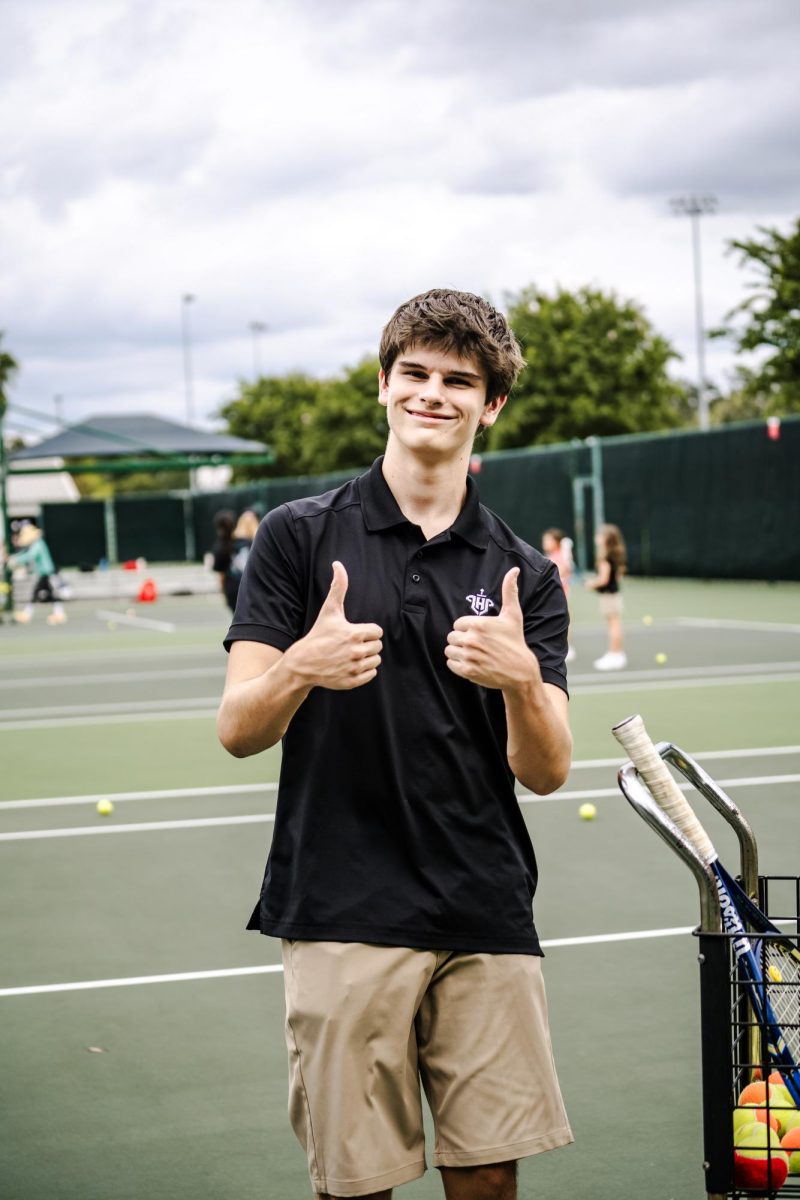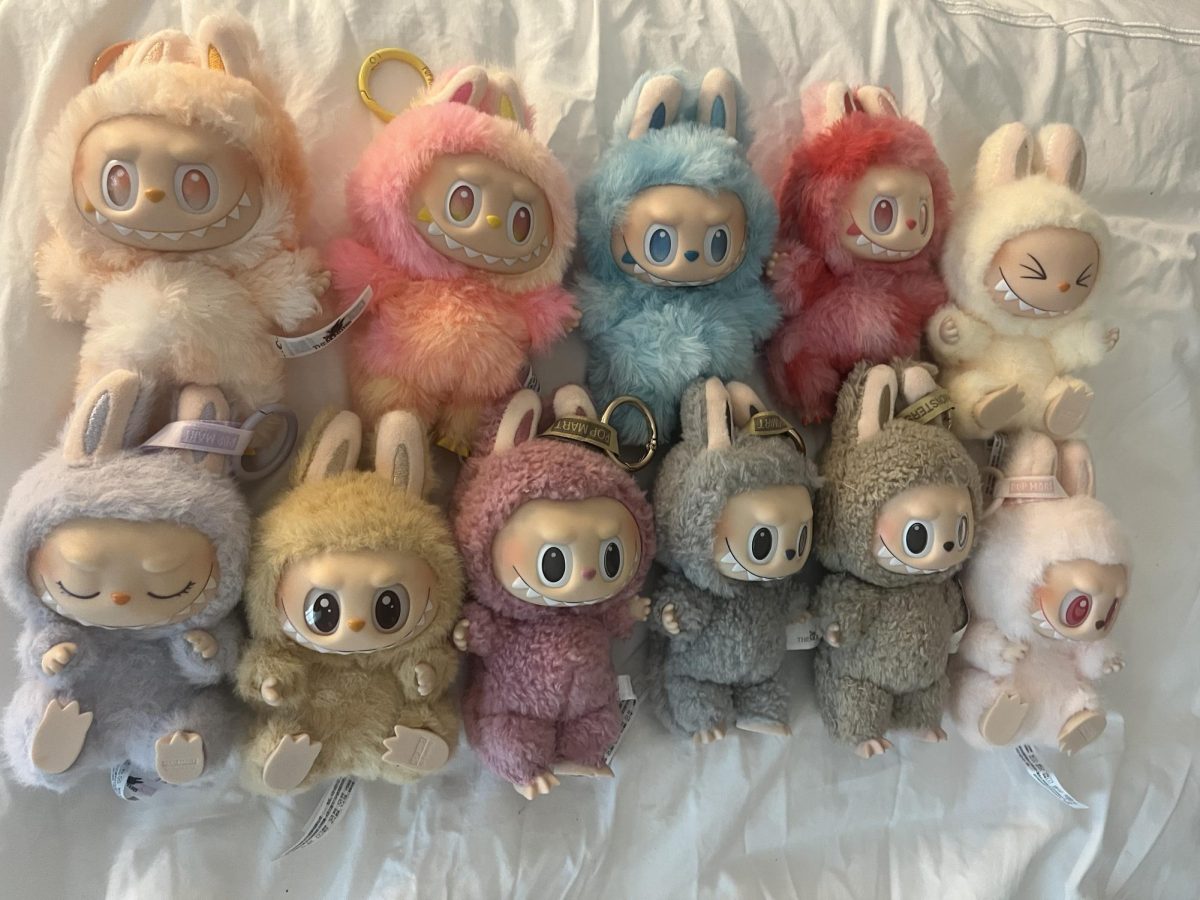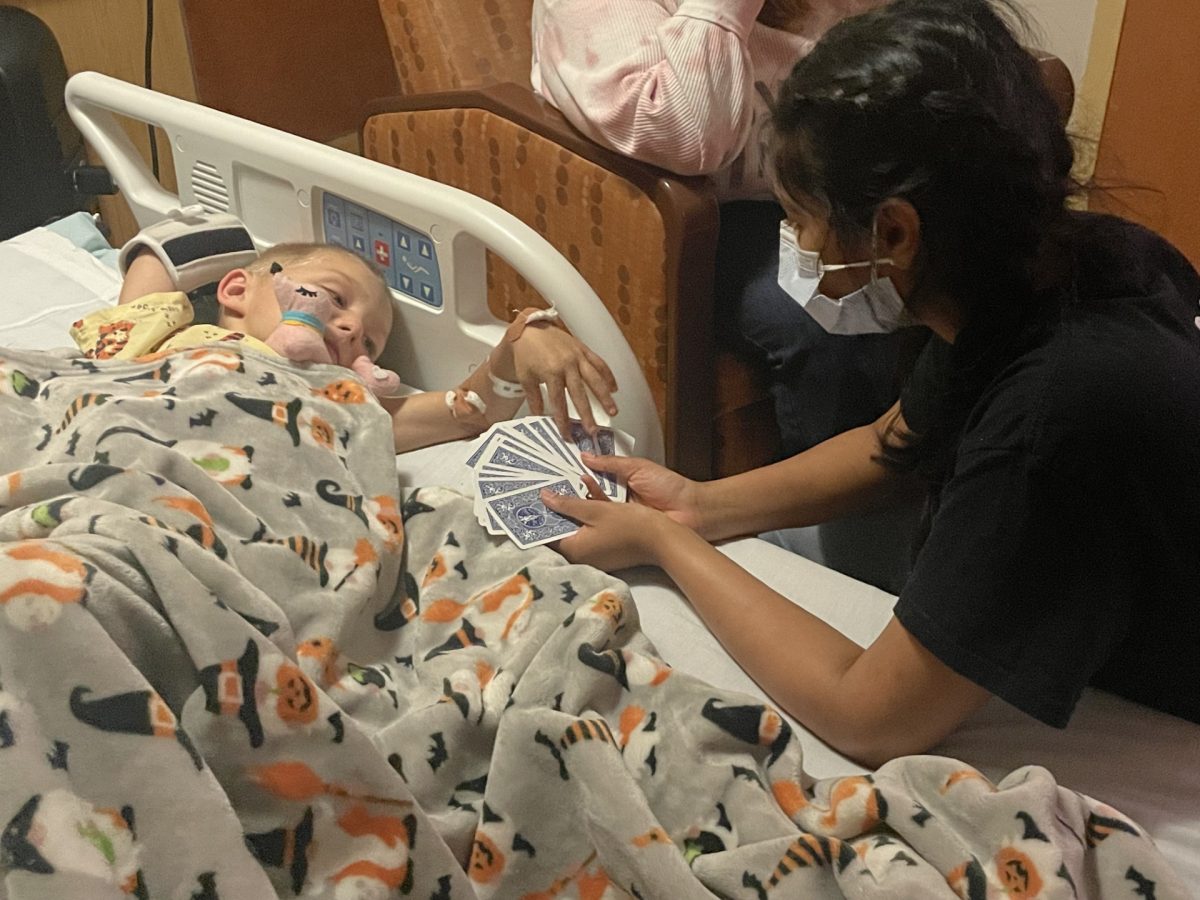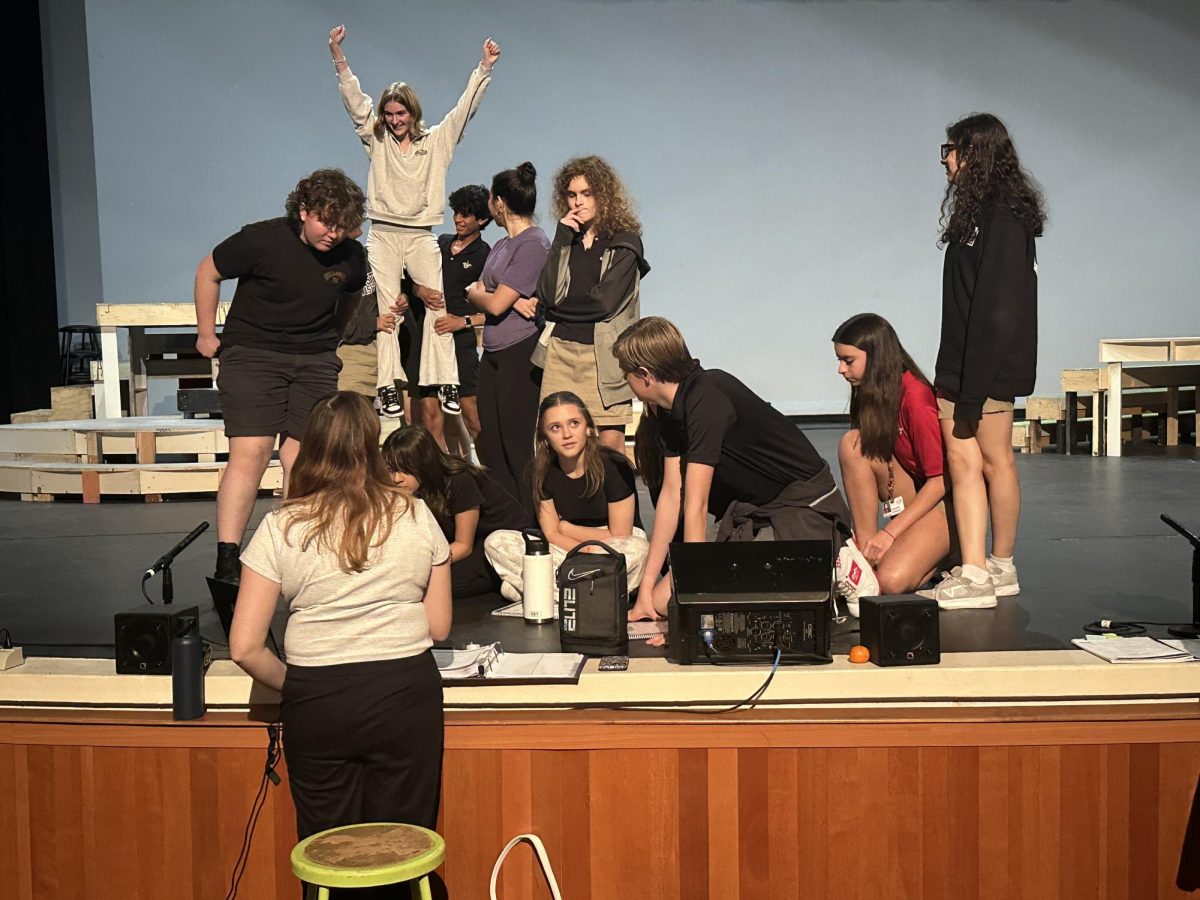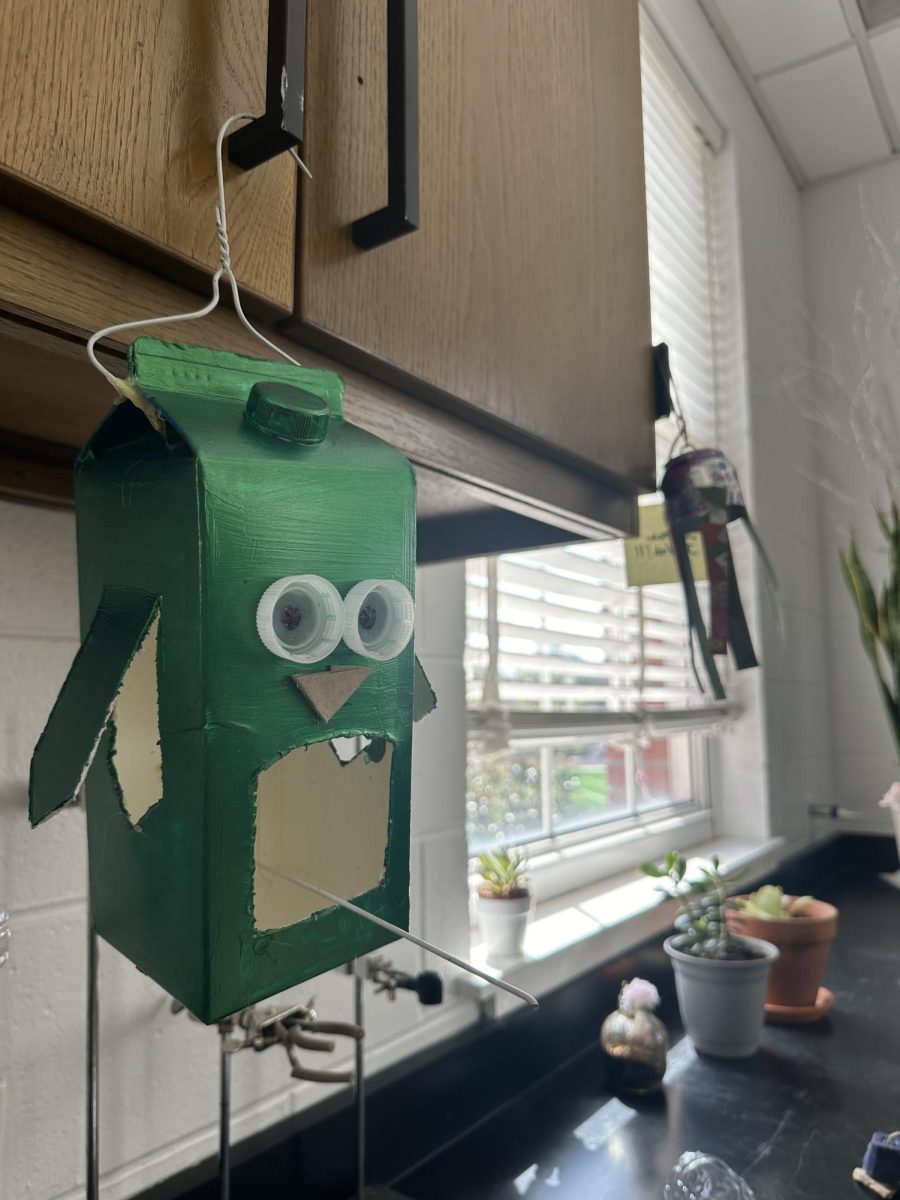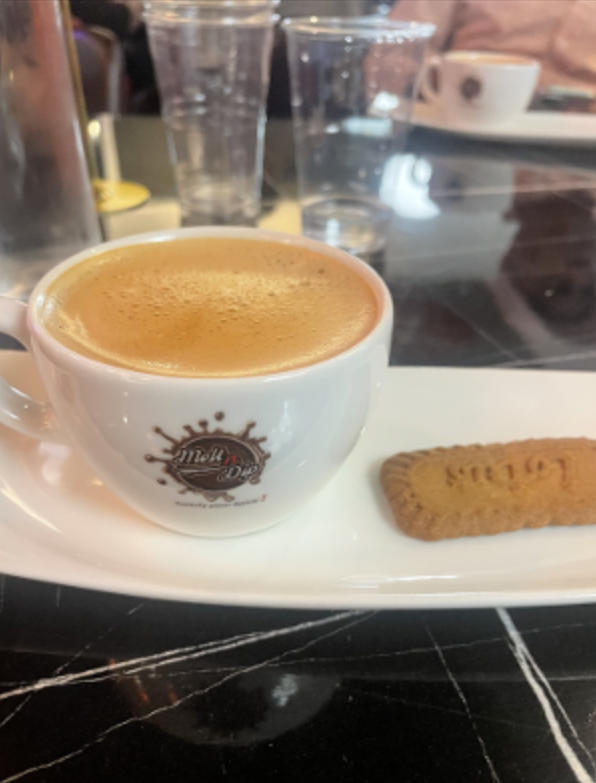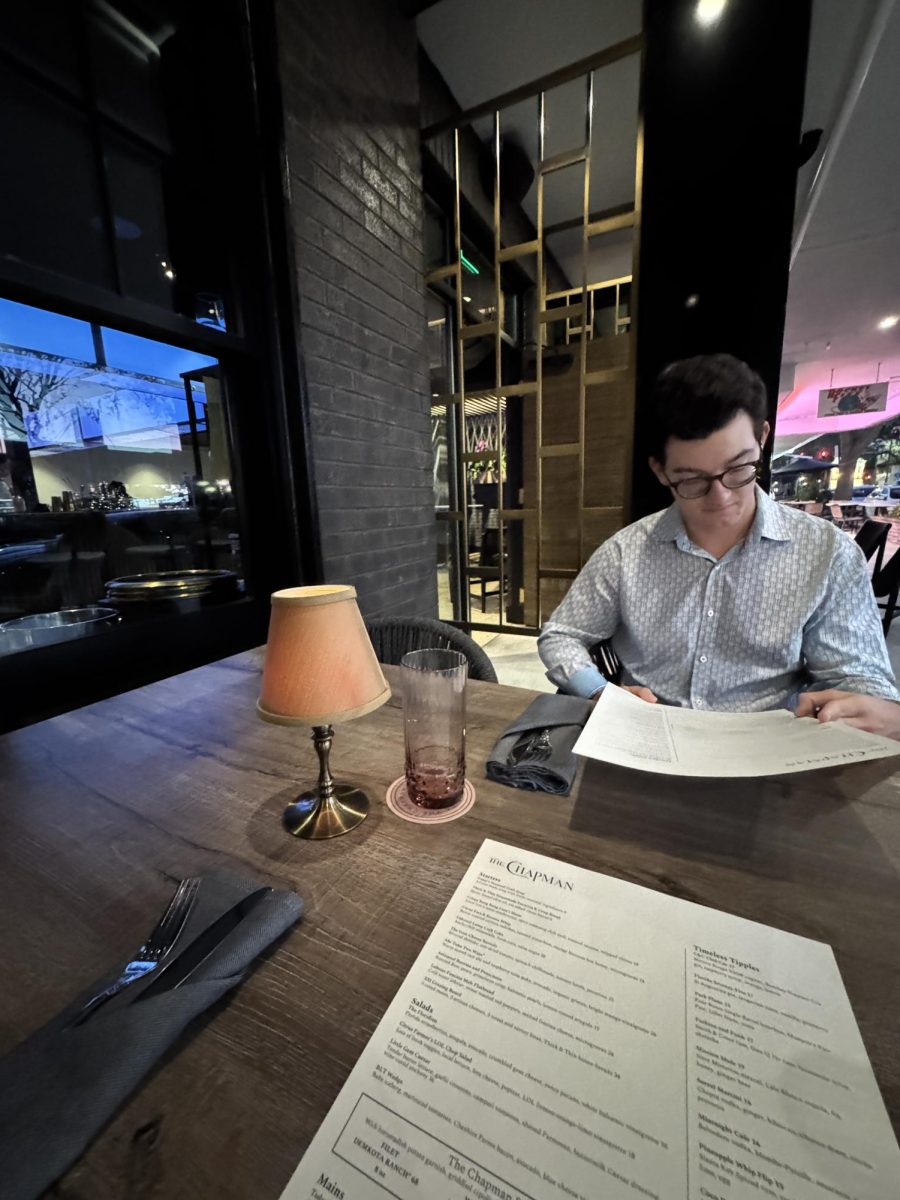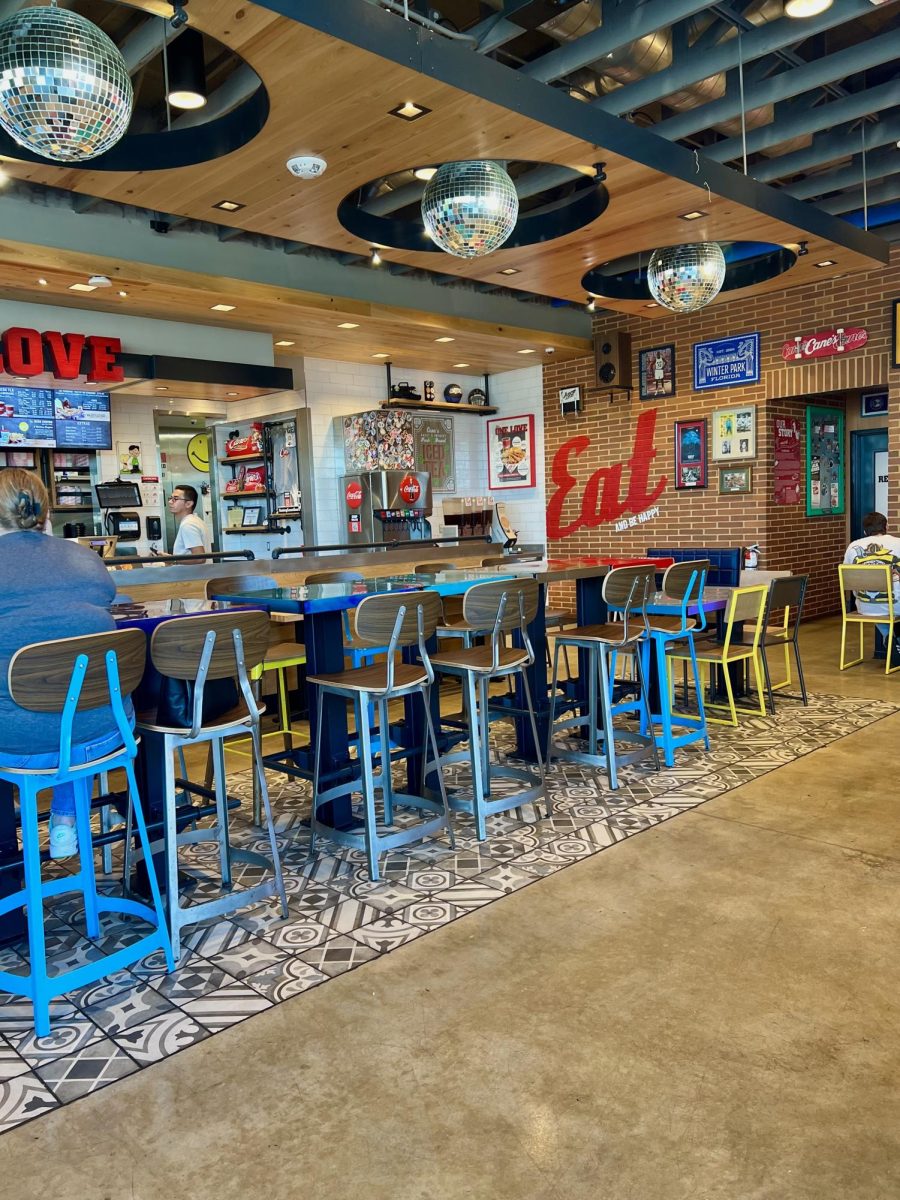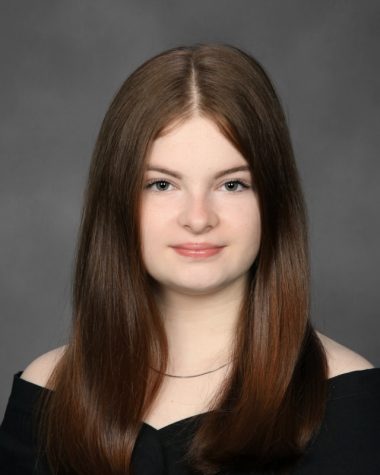Seeing Double
October 4, 2022
One in every 42 children is born a twin. While being a twin may be rather uncommon, since around only 3.3% of births are twins, here at Lake Highland, 10% of the class of 2023 are composed of doubles. I myself am one of the 10 sets of twins. Ironically enough, none of these twins are identical, making each set vastly unique. Around campus, some twins float in the same social and academic circles, while others are separated throughout the whole day.
My role as a fraternal twin has been part of my identity since I was born. Although there may not be the same expectations put on fraternal twins as identical twins in terms of being the same, when you are born only 26 minutes apart from your sibling, people make assumptions that you should basically be the same person. There is also an automatic sense of comparison, that what one twin is doing, the other should do, just as well.
The first question that is asked when people realize that an individual is a twin is, “What is it like being a twin?” That question is typically followed up by a quick, cliche response that, “Twins are twice as nice” or that, “Twins are double the trouble.” But, in reality, there is no easy answer to what it is like being a twin. Every set of twins undoubtedly has a different set of experiences from which to draw, and has a separate set of expectations on how others may perceive them.
Being a twin is only a part of who I am, and does not take up my entire identity. People need to learn about my twin and me as individuals, as we are not at all the same person. Being a twin can be great, but it is not necessarily different from having a traditional sibling. We have the typical arguments and disagreements that other siblings may have, but can still each consider each other our best friend at the end of the day. Who else could you know, talk to, and rely on since birth, and know that that
person can truly understand where you are coming from on any topic, more than anyone else in your life can? This is magnified by the fact that we are both experiencing life’s big milestones simultaneously.
When I was younger, my identity as a twin may not have allowed me to express my individuality. I was not a carbon copy of my twin. Just because we shared basically the same genetics did not mean that we always wanted to do the same thing, wear the same outfits, or receive the same types of birthday presents. For the convenience of my parents, when we were younger, we both played soccer. It was obvious that it was my twin’s passion as opposed to something that I merely enjoyed. When she decided to increase her level of competition, I decided to branch out and discover what was my passion. I went through a couple of years trying multiple activities such as gymnastics and guitar until finally discovering that dance was my passion.
My parents came to realize that we had different interests and that we needed to be treated as individuals, not as a package deal. Just as I did not need to change to meet my family’s expectations of my twin, she did not need to change to meet their expectations for me. As a twin, it almost feels like there is this constant cycle of comparison, given that you are the same age as your sibling.
Now that my family got past the idea that we needed to be on par with each other, my sister, Claire, grade 12, and I needed to get past that as well. While we share similarities, such as our favorite subject being science, what we want to do with that academic interest is completely opposite of each other. In the future, as our college majors, Claire is planning on studying biomedical engineering, while I want to go the biology route. The idea that we enjoy the same subject but in different ways is how I describe being a twin. We can like the same things but pursue them in our own ways. This philosophy goes with practically everything in our lives. In terms of style, Claire and I both like to shop at Nike and Lululemon to shop at. However, the items that we individually pick out are totally different.
As we have gotten older and moved into our high school years, we have diverged in our interests, created unique likes and dislikes, and created our own individual identities. However, during the pandemic when we were together at home, while we were unable to physically be at school, we both realized that as different as we had become, we were still each other’s best friend: a person that we knew each other could rely on no matter what. We could still be a team while being individuals. To all twins, whether they are part of this year’s Senior class, or somewhere else throughout the world, there is absolutely no need to compare yourself to your twin, as each of you has your own distinctive impact in the world.
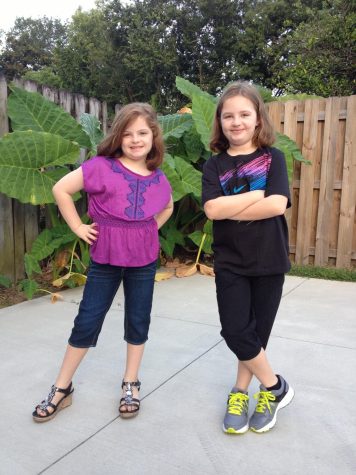
until second grade. This is when both of us voiced that
we would like to start expressing ourselves through our
own style and clothes. Before this time, our outfits were
always matching, whether it was actually the exact same
item of clothing, or by only having different colors of that item. Photo courtesy of Mrs. Jennifer Reif. (Photo courtesy of Mrs. Jennifer Reif. )
